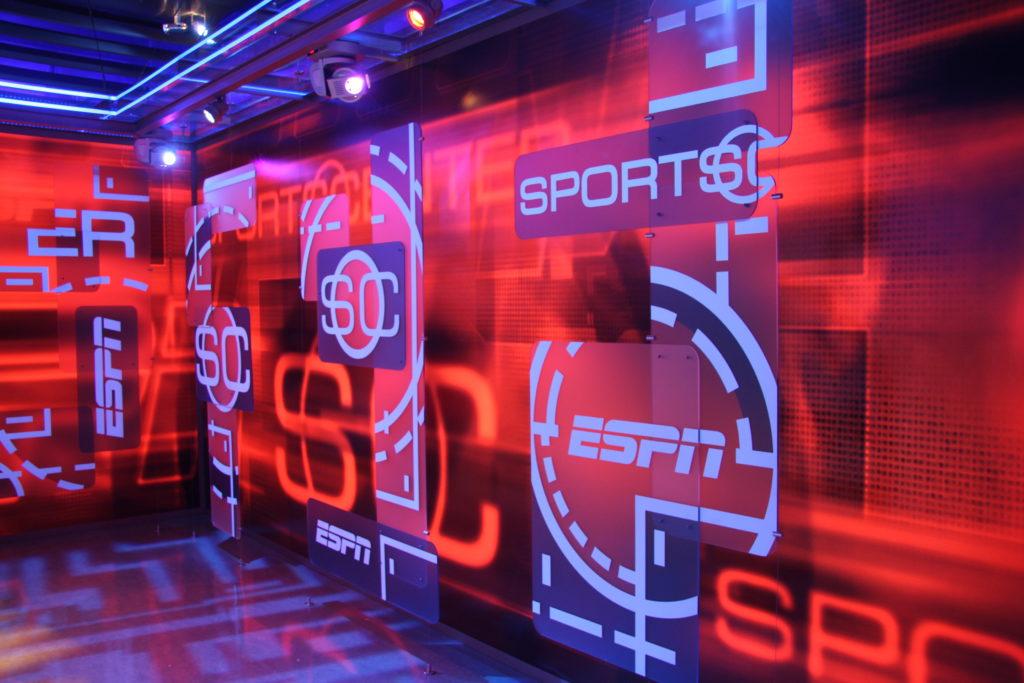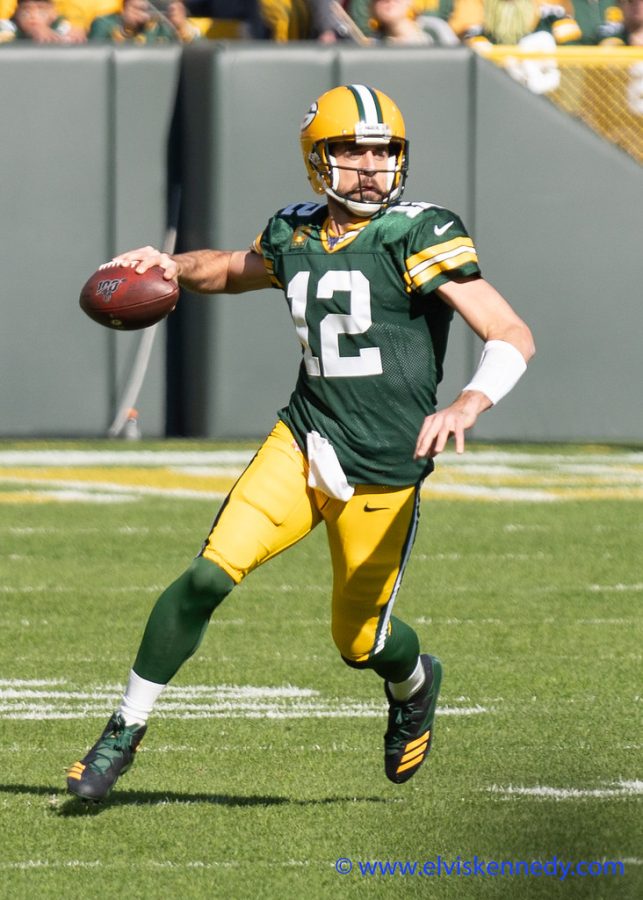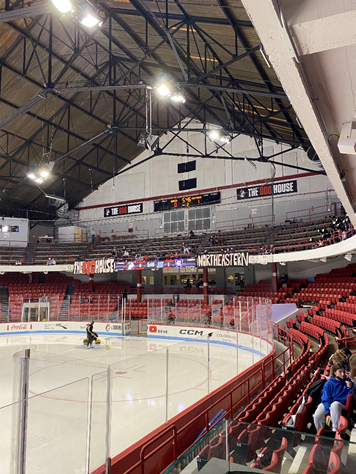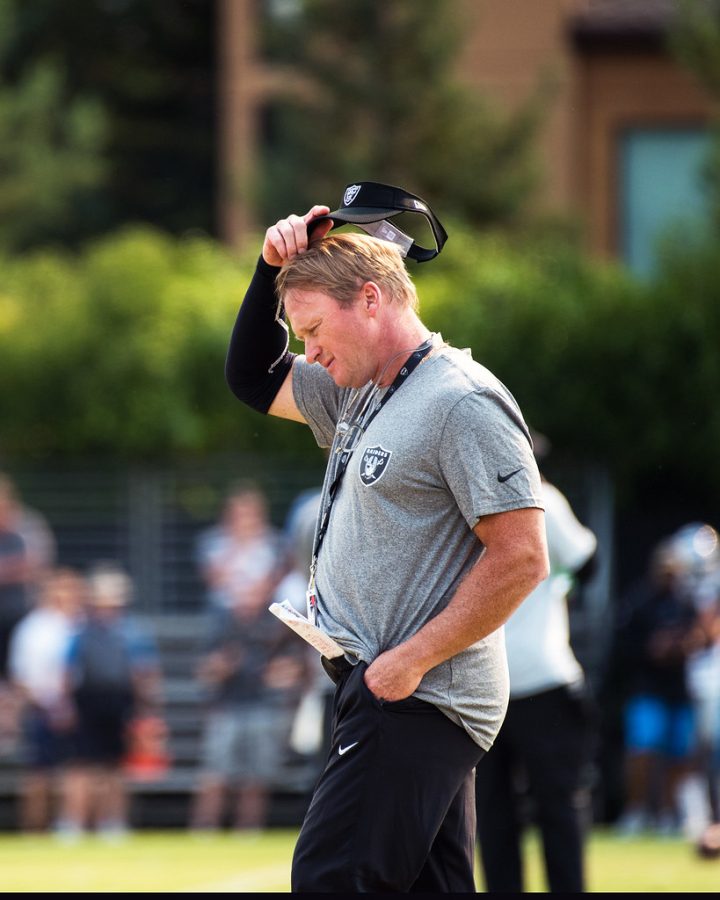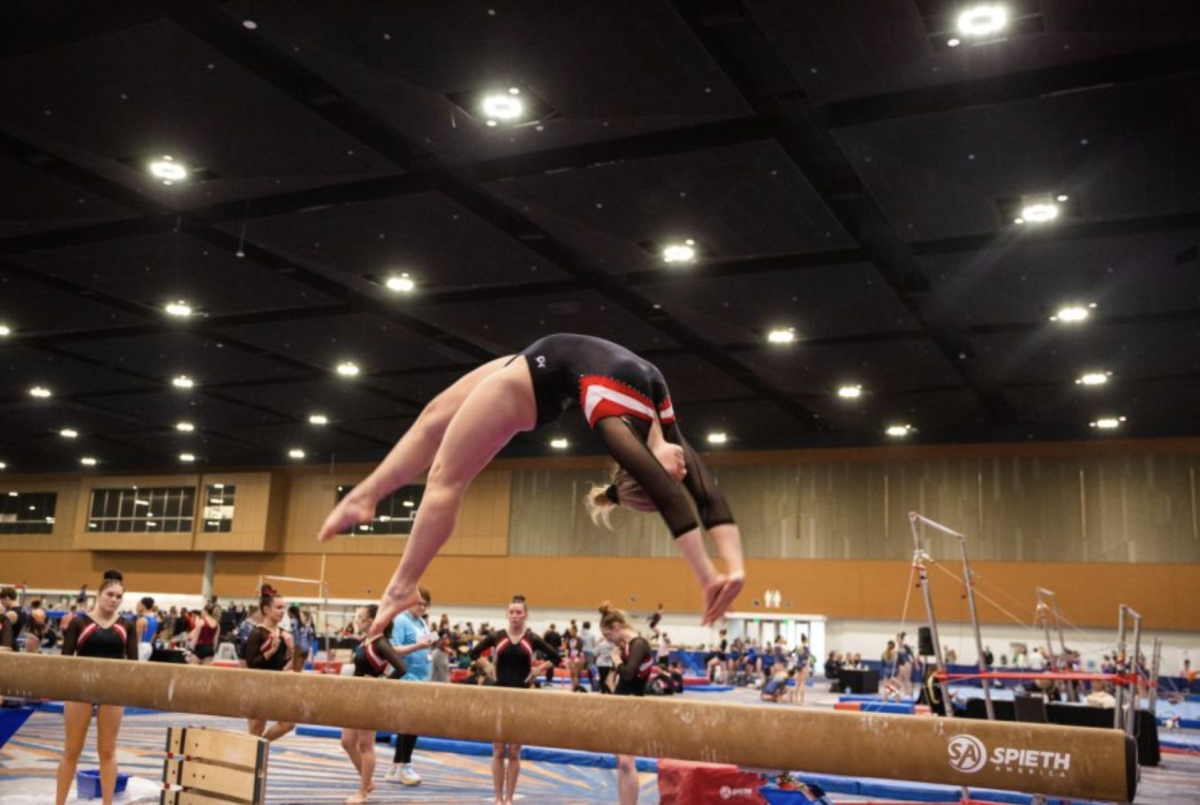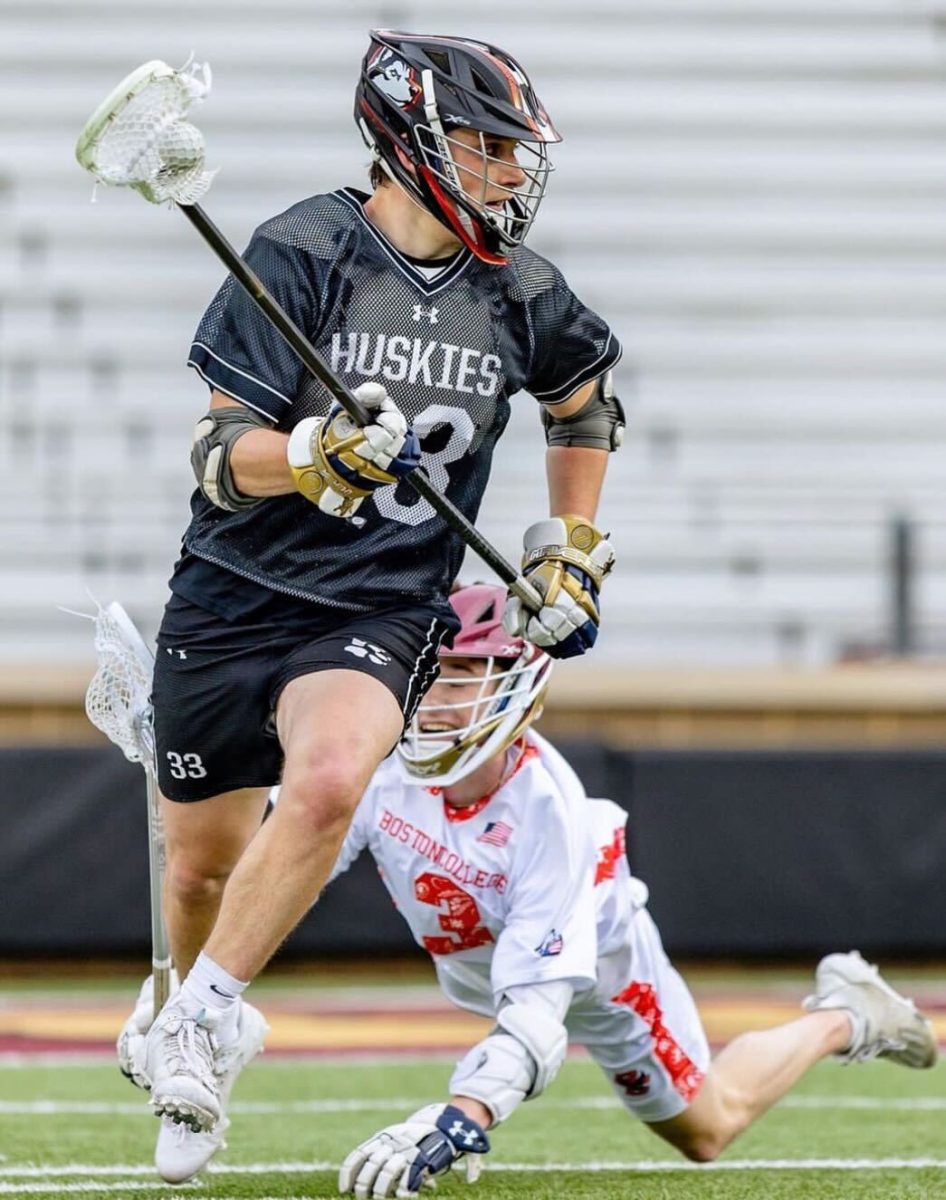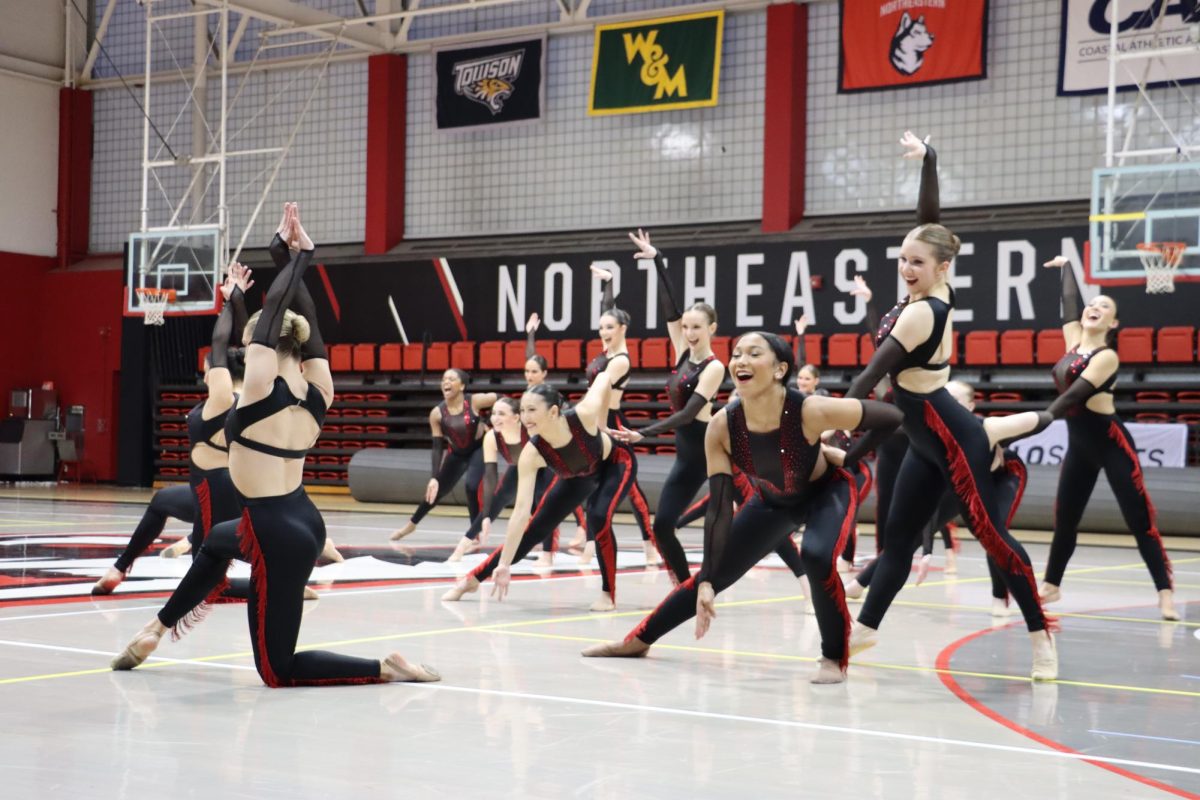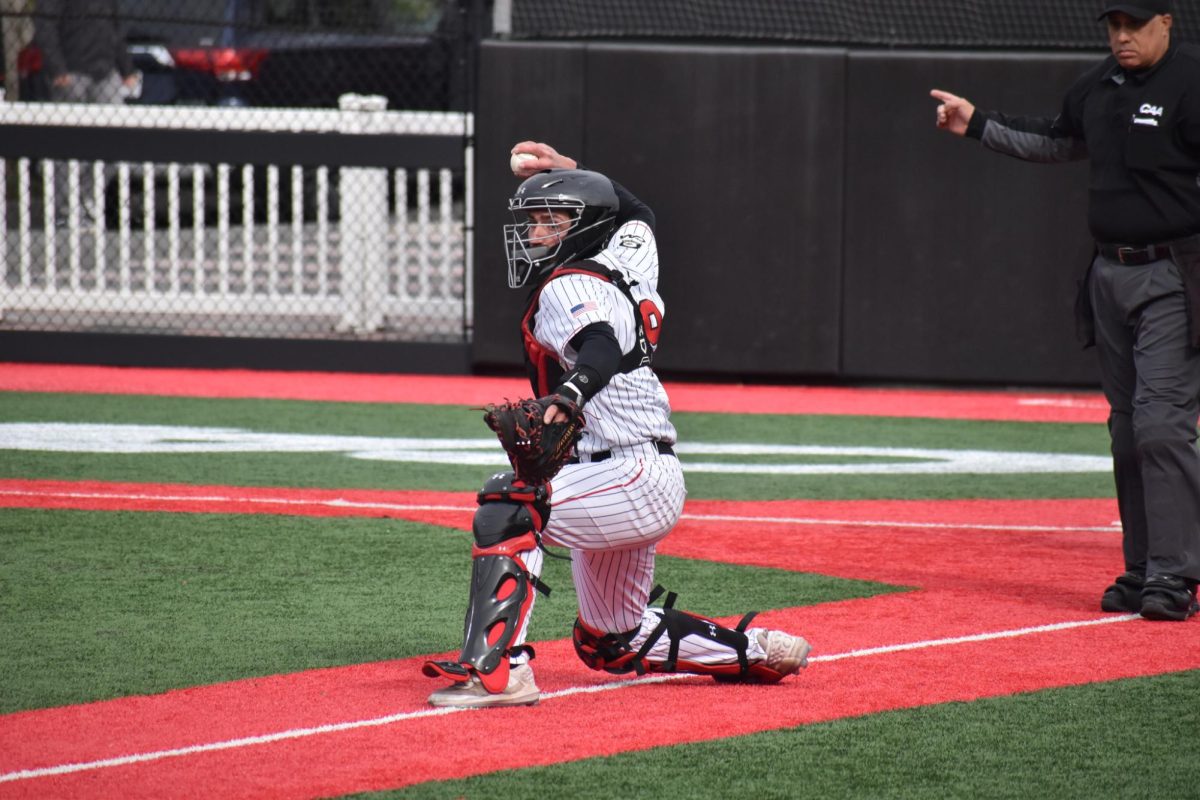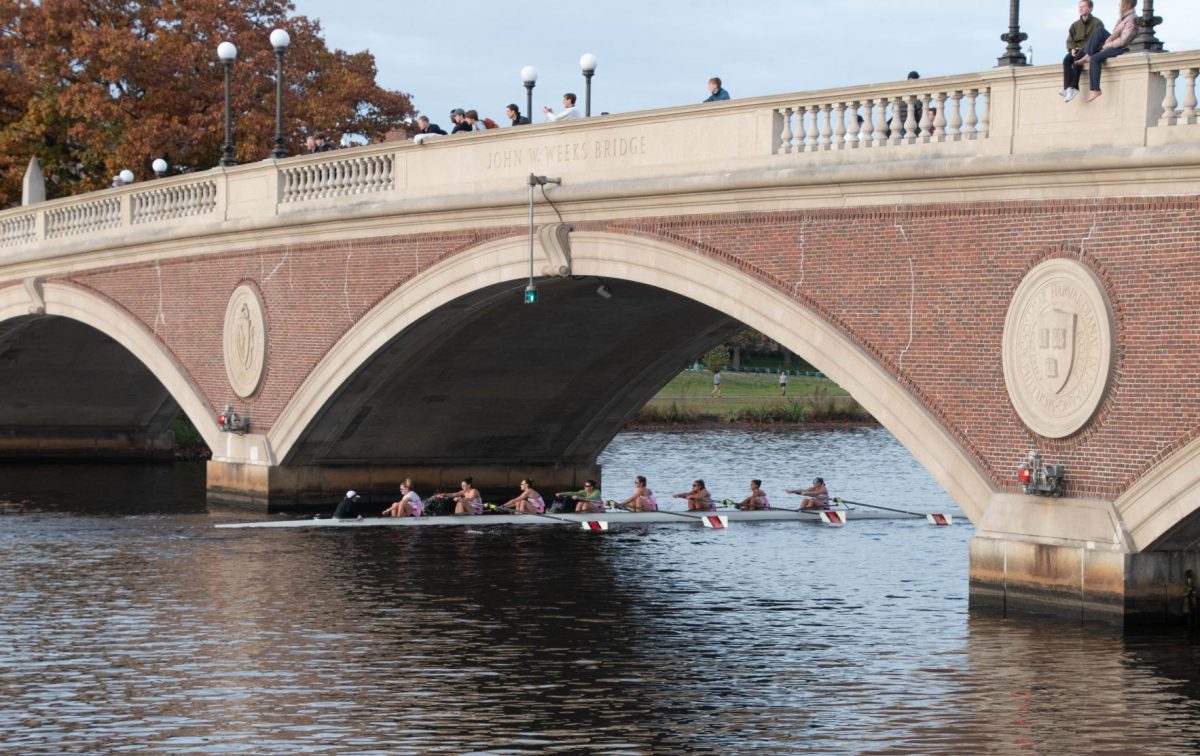By Bailey Knecht, sports columnist
As a female journalist and a sports fan, I’ve long been a proponent of diversity in sports media. I believe that a variety of voices makes for  the most interesting and well-rounded coverage of sports.
the most interesting and well-rounded coverage of sports.
As a kid, sportswriting never really crossed my mind as a potential career until I began noticing female bylines like Jackie MacMullan and Ramona Shelburne, some of the most talented writers in the field. In expanding my reading list to include more female writers, I’ve paid close attention to the special set of skills that women like MacMullan and Shelburne bring to the table.
One of the most significant ways that women succeed in sports journalism is by using their unique eye for human interest stories. To get a better idea of this, I spoke to Melissa Ludtke, the former Sports Illustrated (SI) writer who filed a lawsuit against the MLB in the 1970s after being denied entry to the New York Yankees’ locker room during the World Series because of her gender.
“I really brought to – what was then the leading sports magazine in the country, Sports Illustrated – very fresh ideas,” she told me. “I would see things through different eyes, and I’d look at things with different questions than I think were typically brought into the conversation by what had been a previously all-male press corps.”
Ludtke used the example of a story she wrote in 1978, which ended up as the feature of the SI baseball preview issue. She spent a full season interviewing catchers and umpire crews in the MLB to craft a story detailing the experiences of catchers and their interactions with home plate umpires. She credited the idea for the story to her ability to observe and be perceptive.
“Within the coverage of the games themselves, women can see different things and ask different questions,” Ludtke said. “Their interests are somewhat different, and what they’ve been trained to see, or nurtured to see, or acclimated to see from their perspectives as women are very different.”
Another reason female writers have been so crucial in the sports media field is that they often lead the charge in covering hard-hitting topics like domestic violence and sexual assault.
Rachel Nichols, for example, has been known to use some of her best journalistic skills when covering domestic violence. In her 2014 interview with Roger Goodell, Nichols grilled the NFL commissioner on the league’s handling of domestic abuse cases and refused to back down. I didn’t hear of any male journalist putting that type of pressure on the commissioner at the time.
Ludtke acknowledged that not all women stick to human interest-type stories and that plenty of them offer excellent analysis and commentary on the games themselves, but she offered an interesting comment that nails women’s success in sports on the head.
“Society has raised [women] to see the world much more relationally than men are expected to,” she said. “So it just makes the difference. A game, a team, is really a collection of relationships, and those relationships matter to how well the team functions. So, when you think about women coming in and covering a team over a season, they’re going to be looking at different aspects of it.”
Mina Kimes, a writer for ESPN, also gave me some insight into her path as a woman in sports media.
“It’s fantastic because it brings more perspectives, and encourages other women (particularly younger ones) to pursue the field,” she wrote. “Growing up, it never occurred to me that I could write about sports. People often ask me if it’s hard being a woman in this industry. I actually see it as a tremendous advantage – especially in dealing with athletes, many of whom are accustomed to interacting with journalists with similar backgrounds. It’s good to stand out.”
When I watch SportsCenter or read Sports Illustrated, I swell with pride every time a female broadcaster or journalist’s name appears. Women have made great strides in the field, and it’s obvious why – they have the same abilities as their male counterparts, with a little extra eye for emotion and relationships which, in my opinion, are what make sports so great.
Photo courtesy Rob Poetsch, Creative Commons







